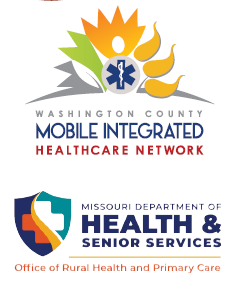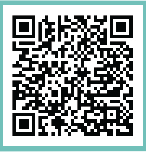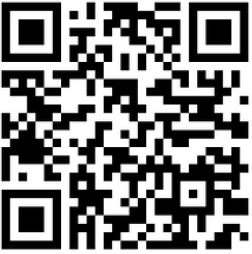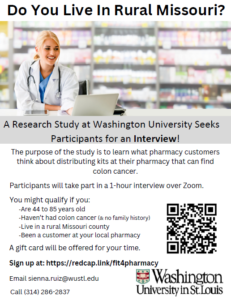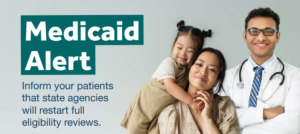June 20, 2023
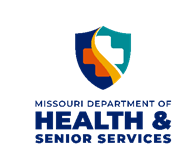
Free Meals are Being Served to Children at Hundreds of Locations in Missouri
The Missouri Department of Health and Senior Services Summer Food Service Program is designed to provide breakfast, lunch, suppers and/or snacks to children living in eligible areas during the summer months and during times of public emergencies, when children do not have access to free or reduced-price meals at school. An online interactive map is provided to help families in Missouri find out where their children can receive free meals this summer.
Community organizations serve the meals at schools, churches, parks, swimming pools, YMCA facilities, Boys and Girls Clubs, and other spots where children gather when school is not in session. The meals are provided to all children that attend the meal service location. Children do not have to register and there is no fee to participate in the program.
The map and more information about the Summer Food Service Program can be found at health.mo.gov/sfsp. For families without access to the internet, summer meal sites in the area can also be found by texting the phrase “Summer Meals” to the text number 914-342-7744.
Meals will be served to children age 18 and under. They are also provided to individuals age 18 to 21 that have been determined by a state or local educational agency to be mentally or physically disabled and who participate in an established school program for the mentally or physically disabled.
Funding for the Summer Food Service Program is provided by the U.S. Department of Agriculture.
More information about the Summer Food Service Program is available online at health.mo.gov/sfsp or by telephone at 888-435-1464 (toll-free). Individuals who are deaf, hard-of-hearing, or have a speech disability can dial 711 or 1-800-735-2966. Community organizations that would like to become sponsors may also email the Summer Food Service Program at sfsp@health.mo.gov or write to the Missouri Department of Health and Senior Services, Summer Food Service Program, P.O. Box 570, Jefferson City, MO 65102 for more information.
In accordance with Federal civil rights law and U.S. Department of Agriculture (USDA) civil rights regulations and policies, the USDA, its Agencies, offices, and employees, and institutions participating in or administering USDA programs are prohibited from discriminating based on race, color, national origin, sex, disability, age, or reprisal or retaliation for prior civil rights activity in any program or activity conducted or funded by USDA.
Persons with disabilities who require alternative means of communication for program information (e.g. Braille, large print, audiotape, American Sign Language, etc.), should contact the Agency (State or local) where they applied for benefits. Individuals who are deaf, hard of hearing or have speech disabilities may contact USDA through the Federal Relay Service at (800) 877-8339. Additionally, program information may be made available in languages other than English.
To file a program complaint of discrimination, complete the USDA Program Discrimination Complaint Form, (AD-3027) found online at: https://www.usda.gov/oascr/how-to-file-a-program-discrimination-complaint and at any USDA office, or write a letter addressed to USDA and provide in the letter all of the information requested in the form. To request a copy of the complaint form, call (866) 632-9992. Submit your completed form or letter to USDA by:
(1) Mail: U.S. Department of Agriculture
Office of the Assistant Secretary for Civil Rights
1400 Independence Avenue, SW
Washington, D.C. 20250-9410;
(2) Fax: (202) 690-7442; or
(3) Email: program.intake@usda.gov
This institution is an equal opportunity provider.




